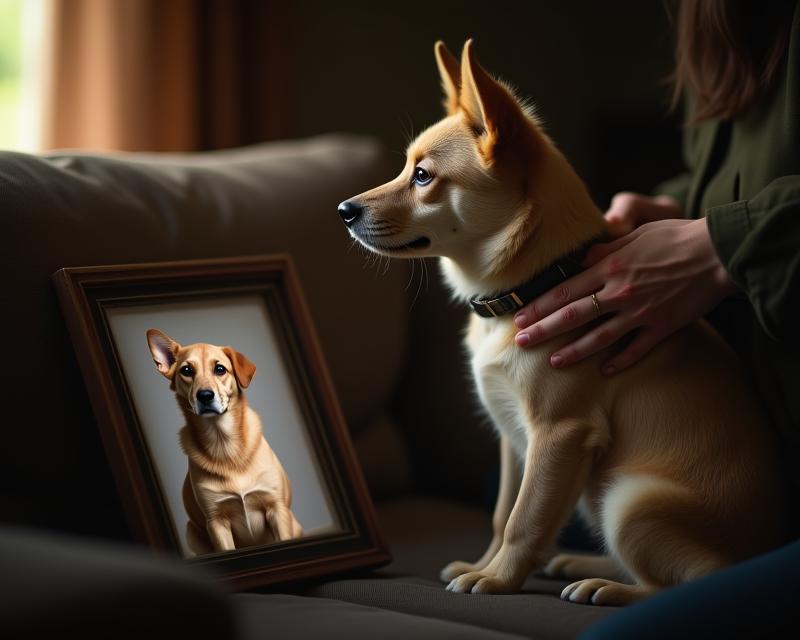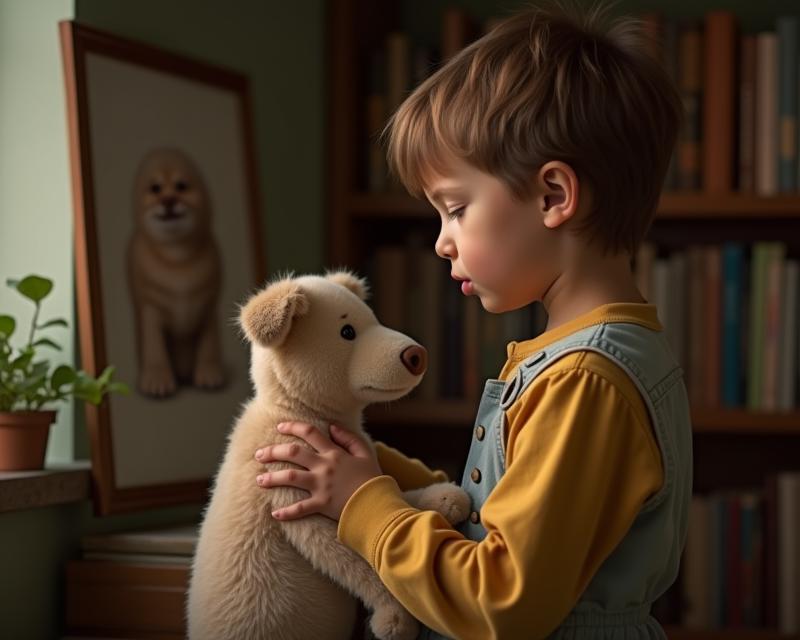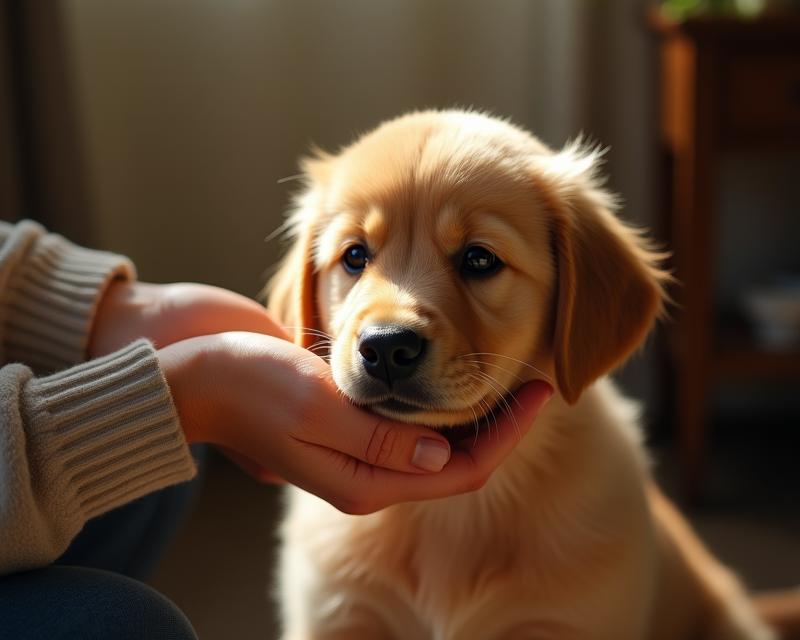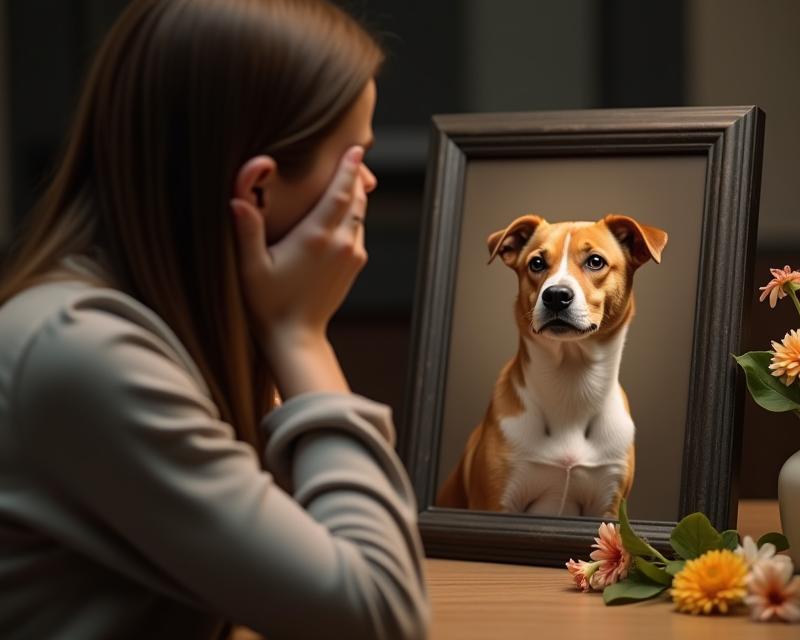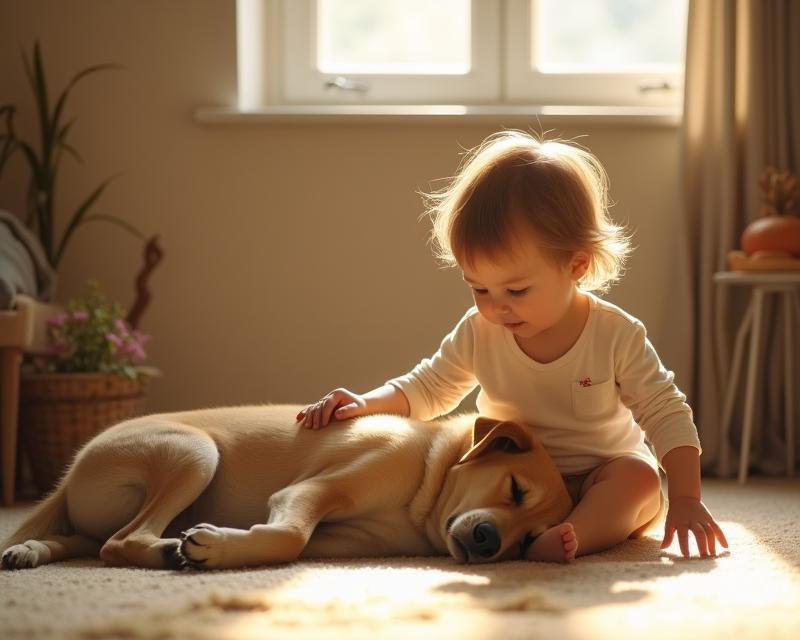Why Does My Cat Obsess Over Birds?
Publish in General Care el 28/06/2025 19:26
Why Does My Cat Obsess Over Birds?
It's a common sight: your cat intently watching, stalking, and sometimes even obsessing over birds in the aviary or even just outside a window. While it can be frustrating for owners and stressful for the birds, understanding this behavior is the first step to managing it. It's important to remember that this isn't necessarily 'bad' behavior, but rather a deeply ingrained instinct.
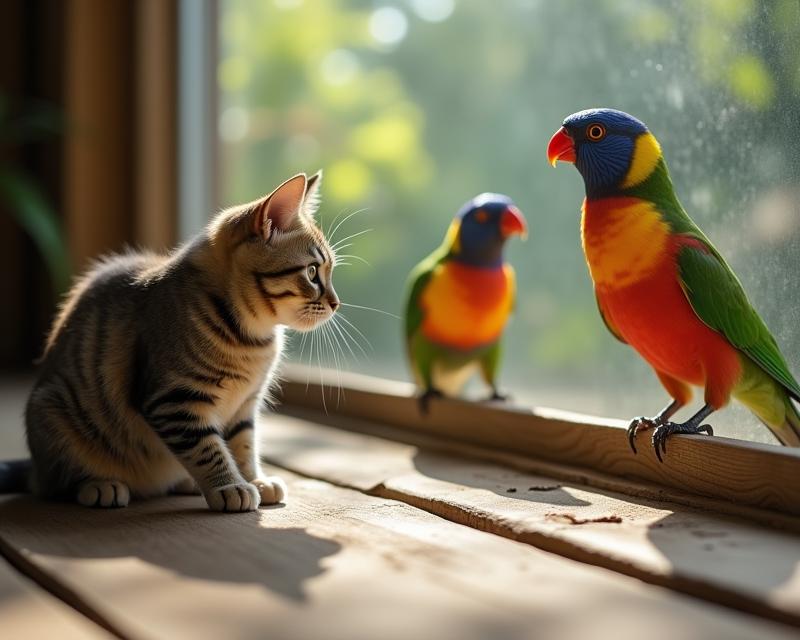
The Instinctual Hunter
Cats are natural predators. Even well-fed indoor cats retain strong hunting instincts passed down through generations. That twitching tail, focused gaze, and low crouch are all part of their evolutionary programming. Birds, with their quick movements and enticing chirps, are incredibly stimulating to these instincts. The sight of a bird triggers a primal response – the urge to stalk, chase, and pounce. This isn't a conscious decision; it's hardwired into their brains.
Understanding the Behavior
The intensity of the behavior can vary. Some cats might simply enjoy watching birds, while others will exhibit more intense behaviors like meowing, pawing at the glass, or even attempting to get to the birds. This can be particularly challenging if you have a bird aviary. The cat isn't necessarily trying to harm the birds (though that's always a concern!), but rather experiencing a powerful urge. The bird's movements act as a trigger, activating their hunting drive. It's also worth noting that boredom can exacerbate this behavior. A cat with insufficient mental and physical stimulation is more likely to fixate on any moving object, including birds.
Managing the Obsession
So, what can you do? First, ensure your cat has plenty of enrichment. This includes interactive playtime with toys like feather wands, laser pointers (used responsibly!), and puzzle feeders. Provide climbing structures, scratching posts, and window perches to satisfy their natural instincts. If the behavior is causing stress to the birds, try to minimize the cat's access to the aviary. Positive reinforcement can also be helpful. When your cat calmly observes the birds without exhibiting obsessive behaviors, reward them with praise and a treat. Consult with your veterinarian or a certified cat behaviorist if the behavior is excessive or causing significant distress to your cat or the birds. They can help you develop a tailored management plan.
Safety First!
Always prioritize the safety of the birds. Never leave your cat unsupervised with birds, especially if the cat has a history of predatory behavior. Ensure the aviary is securely enclosed and that the birds have escape routes. By understanding your cat's instincts and providing appropriate outlets for their energy, you can help manage this common behavior and create a harmonious environment for both your feline friend and your feathered companions.
